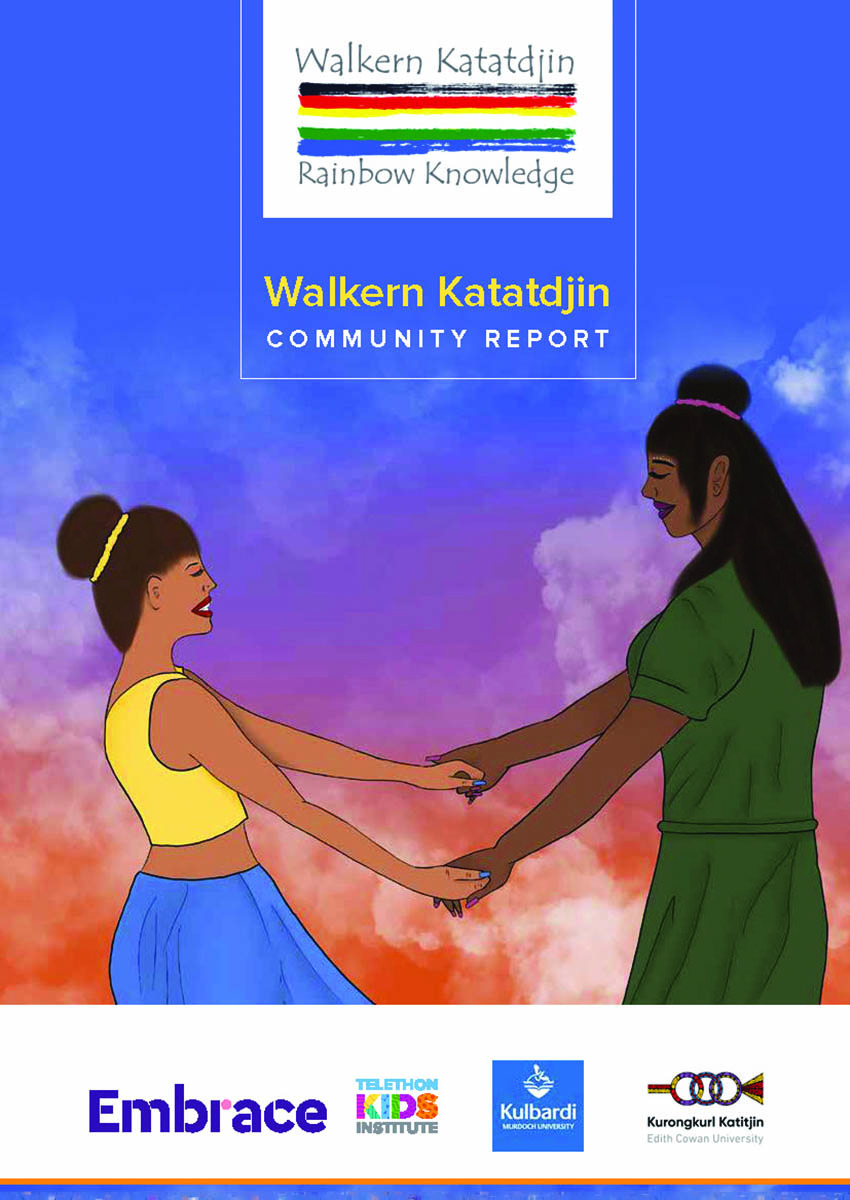 A first-of-its-kind project examining the mental health and wellbeing of young Aboriginal and Torres Strait Islander LGBTQA+ people is working to educate healthcare service providers to create safe spaces for marginalised young people. The Walkern Katatdjin (Rainbow Knowledge) project has produced a suite of resources to help services become more inclusive.
A first-of-its-kind project examining the mental health and wellbeing of young Aboriginal and Torres Strait Islander LGBTQA+ people is working to educate healthcare service providers to create safe spaces for marginalised young people. The Walkern Katatdjin (Rainbow Knowledge) project has produced a suite of resources to help services become more inclusive.
Young Aboriginal LGBTQA+ people face some significant challenges. Support services designed to support queer and gender diverse young people may not be culturally safe, and on the flipside, services that support young Aboriginal people may not be equipped to support their sexual or gender identities.
This disconnect is what prompted the Walkern Katatdjin project – a comprehensive, Aboriginal-led collaboration between The Kids Research Institute Australia, the Kulbardi Aboriginal Centre (Murdoch University) and Kurongkurl Katitjin (Edith Cowan University).
The research team, led by Noongar woman Dr Bep Uink, has conducted interviews and yarning groups with young LGBTQA+ Aboriginal people.
The team has developed a series of fact-sheet infographics and fact sheets aimed at health and community services and the broader public.
They include topics like “How to show you’re OK with the LGBTQA” and “Yarning with young people about sexuality and gender”, and are regularly updated in response to major events, like the 2022 federal election when transgender athletes became part of the bruising political dialogue.
The Kids Research Institute Australia researcher and queer Yamatji woman Shakara Liddelow-Hunt said the value of the fact sheets was that they came directly from need identified by the community.
“They identified the need in a particular area and the resources are our response to that,” Ms Liddelow-Hunt said.

Having the resources specifically for Aboriginal LGBTQA+ people was really important because a lot of young people said they never saw that. They didn’t see their identities being represented in that way in the GP clinic, for example. So that in itself was powerful.
Shakara Liddelow-Hunt

A nationwide survey is underway to gauge the strengths and challenges faced by young Aboriginal LGBTQA+ people, building on earlier work by the research team which identified seven key areas impacting their wellbeing.
The study found young people were incredibly proud of both their LGBTQA+ identity and their Aboriginal identity but felt more work was needed to increase representation and inclusion.
*Please note that queer is a historically derogatory term that has been reclaimed, but may be offensive to some and should be used with caution. Unless someone specifically identified their sexuality/gender as queer, it is not appropriate to use in professional settings.
